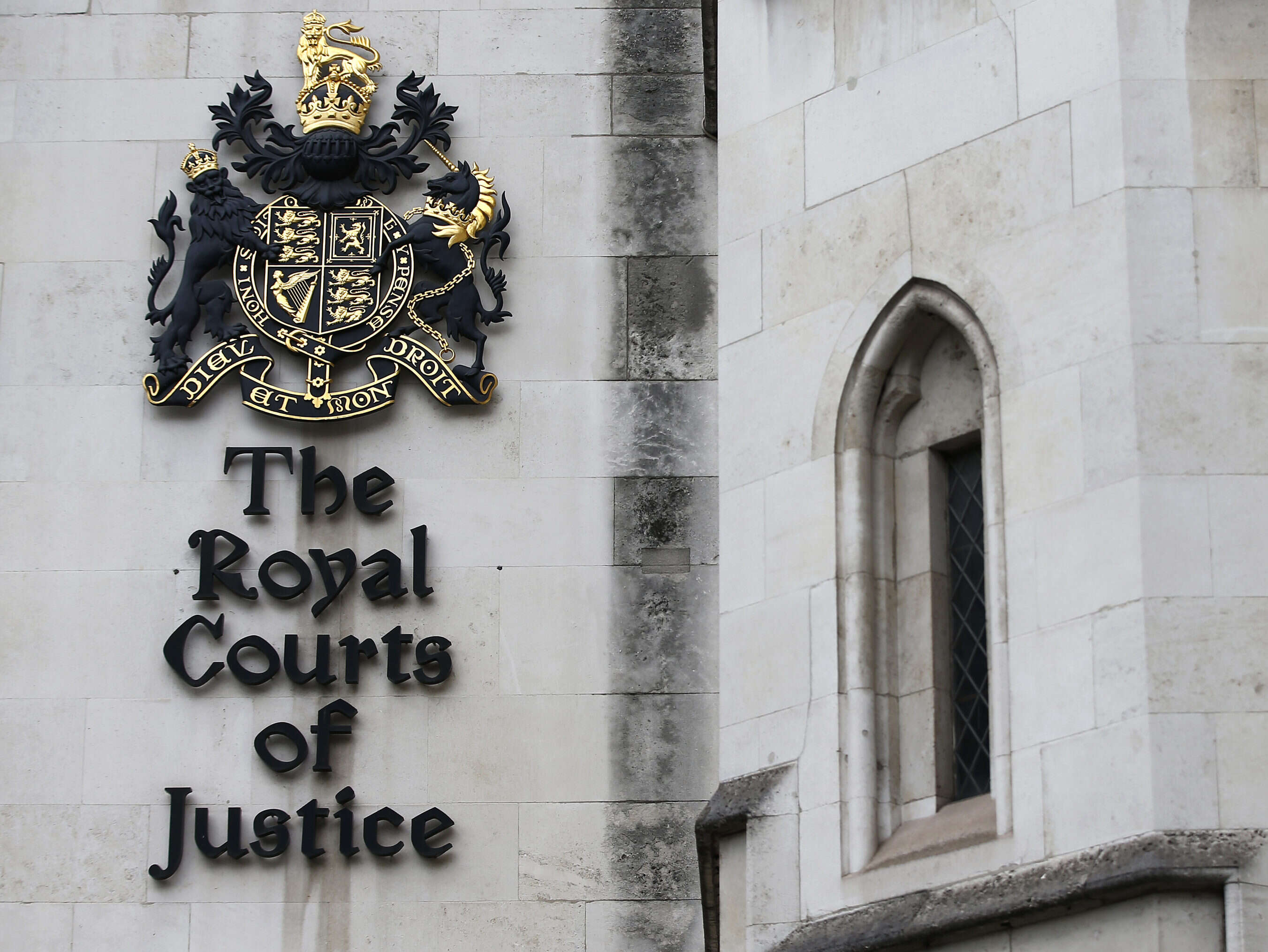
Senior judges have suggested that journalists reporting life-support treatment cases involving children do not “need” to name doctors involved.
Three Court of Appeal judges said doctors at the centre of such cases can suffer as a result of becoming the focus of a “media storm”.
They said a need for “openness and transparency” can be met without naming the clinicians in media reports.
Sir Andrew McFarlane, Lord Justice Patten and Lady Justice King outlined their thoughts in a ruling on a dispute between hospital bosses and the parents of a baby with brain damage.
Karwan Ali and Shokhan Namiq, who live in Manchester, had appealed after a High Court judge concluded that their son Midrar was brain stem dead and said doctors could lawfully stop treating him.
They had also challenged a ruling that doctors involved in Midrar’s treatment could not be named in media reports of the case.
The three appeal judges upheld Mrs Justice Lieven’s decisions on Friday and have now published a written ruling outlining their reasoning.
Sir Andrew, the president of the Family Division of the High Court and the most senior family court judge in England and Wales, said Mrs Justice Lieven had made a “reporting restrictions” order “preventing the identification of any of the medical staff or other NHS Trust employees providing care to Midrar, or their families until further order”.
That order, made after an application by lawyers representing the trust, encompassed “some 370 individuals”.
Sir Andrew said appeal judges had concluded that the order anonymising doctors was right.
He referred to the publicity generated by similar cases involving Charlie Gard, in 2017, and Alfie Evans, in 2018.
“The manner in which social media may now be deployed to name and pillory an individual is well established and the experience of the clinicians treating child patients in cases which achieve publicity, such as those of Charlie Gard and Alfie Evans, demonstrate the highly adverse impact becoming the focus of a media storm may have on treating clinicians,” he said in the appeal judges’ ruling.
“The need for openness and transparency in these difficult, important and, often, controversial cases is critical but can, in the judgment of the court, be more than adequately met through the court’s judgments without the need for identifying those who have cared for Midrar with devotion.”
Lord Justice Patten and Lady Justice King said they agreed.
Mrs Justice Lieven had analysed Midrar’s case at a recent trial in the Family Division of the High Court in Manchester.
She had heard that Midrar had been starved of oxygen due to complications at birth and had been placed on a ventilator.
Bosses at St Mary’s Hospital in Manchester asked the judge to rule that ventilation could lawfully be withdrawn.
Lawyers representing the hospital’s governing trust, the Manchester University NHS Foundation Trust, said three tests had confirmed brain stem death.
The three appeal judges accepted that evidence.
They declared that Midrar had died at 8.01pm on 1 October, at 14 days old.
Sir Andrew said Mrs Justice Lieven had concluded that a “number of allegations”, made by Midrar’s father, in relation to the little boy’s care were untrue.
A hospital doctor had also “listed some six specific allegations” Ali had made against the “treating clinicians, or the hospital team more generally”.
Mrs Justice Lieven had concluded that those allegations were also untrue.
The doctor had said those allegations, if repeated publicly, would, “be likely to cause the individual employees great distress and place them under further significant psychological pressure over and above that which has been experienced on the ward by those treating Midrar”.
Sir Andrew added: “The judge had evidence from (the doctor) of six specific untrue allegations that the father had made with respect to the hospital’s care of his child.
“Parents no doubt say and do all manner of things in the tragic and difficult circumstances in which they find themselves in such cases.
“But the judge was entitled to be satisfied that there was a basis for this application being made in this particular case.”
Lawyers representing the trust had suggested that the order anonymising medics could be lifted in the near future.
They said “the potential for any adverse publicity” would be “significantly diminished” once Midrar had been disconnected from a ventilator and a “short time” had passed.
Picture: Reuters/Peter Nicholls
Email pged@pressgazette.co.uk to point out mistakes, provide story tips or send in a letter for publication on our "Letters Page" blog
